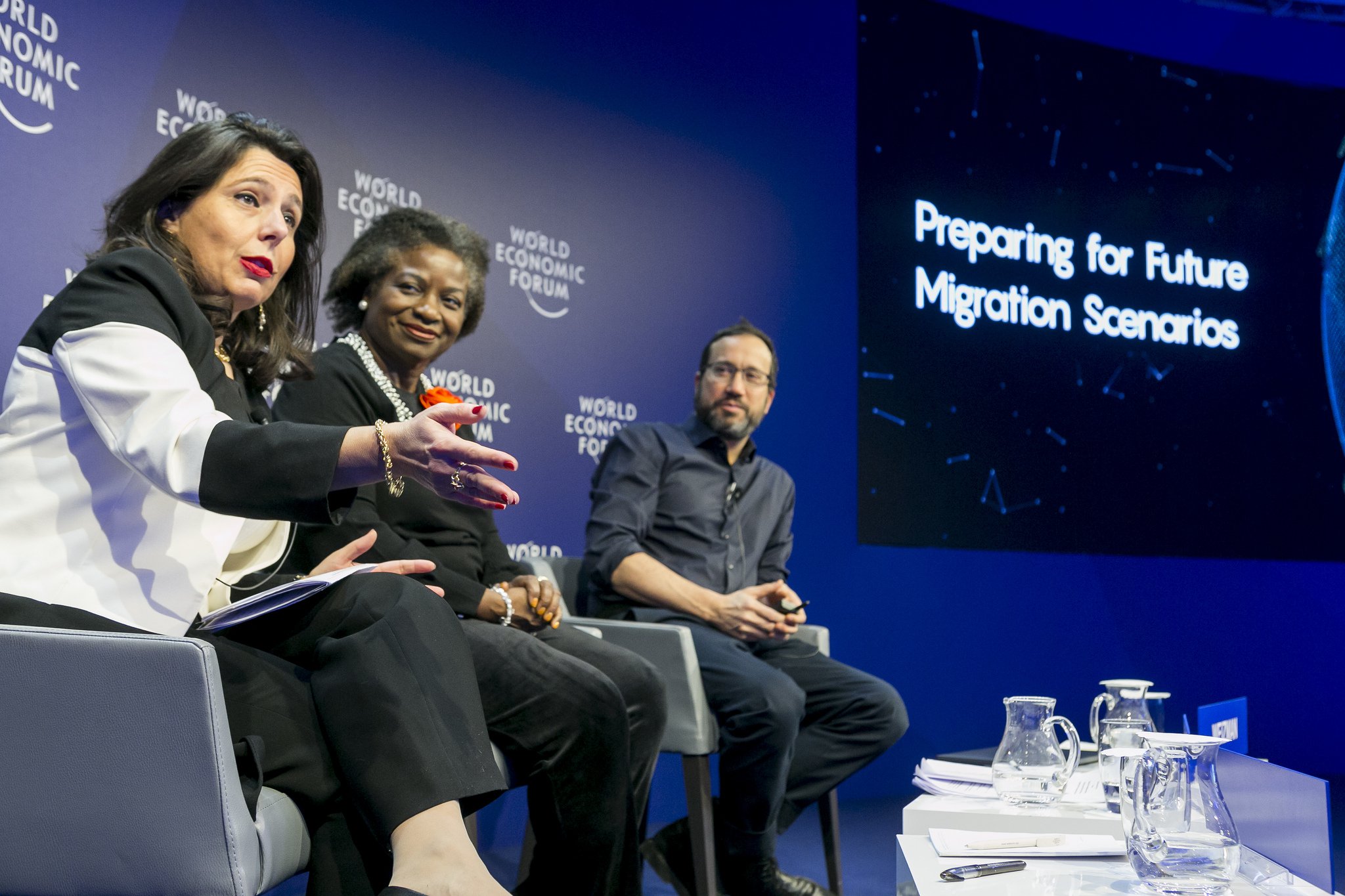The mood at last week’s World Economic Forum (WEF)’s Annual Meeting in Davos was one of muted unease, with a strong sense of growing anxiety about the unintended consequences of unchecked, ungoverned digitalisation and increasingly overt threats to globalisation and multilateralism.
As UN Secretary-General Antonio Guterres put it: ‘If I had to select one sentence to describe the state of the world, I would say we are in a world where global challenges are more and more integrated, and the responses are more and more fragmented. And if this is not reversed, it is a recipe for disaster.’
Against the background of trade tensions between the world’s major economies and the looming shadow of Brexit, it’s little wonder that one survey of chief executives ahead of the meeting found deep levels of gloom.
But there were also reasons for optimism for those of us in the development and humanitarian business. Here are my four highlights:
1. Everyone was talking sustainable development
There was a strong emphasis on the Sustainable Development Goals (SDGs) agenda, both in official events and in conversations around town. There was also a palpable sense that businesses are aware that they need to demonstrate social impact, and are starting to act on that recognition; MasterCard, for example, has committed $500 million to an Impact Fund for its Centre on Inclusive Growth.
Several closed-door sessions focused on the Horn of Africa and the Sahel – a welcome development given that addressing the challenges of fragile states will be critical to achieving the SDGs. ODI research shows that just 18% of fragile states are ‘on track’ to meet SDG targets relating to basic needs.
2. Digitalisation dominated the agenda
The Fourth Industrial Revolution – especially the application of artificial intelligence – and ‘Globalisation 4.0’ were prominent themes, alongside calls for a renewed focus on the impact of technology on wider society. I spoke on the opportunities and dangers of this new phase of globalisation for jobs in lower-income countries, and the growing digital divide.
In Kenya, for example, just half of manufacturing firms have a web presence, and only 40% use e-commerce to trade. Most adults in low- and middle-income countries don’t perform even basic ICT functions, with only 4% of adults in Sudan and Zimbabwe able to copy and paste files, and only 2% to 4% in Egypt, Iran, Jamaica and Pakistan able to use basic arithmetic formulas in a spreadsheet.
Meanwhile, advances in robotics in wealthier economies will have severe consequences for labour markets in countries reliant on a development model based on low-cost manufacturing. The Forum hosted an important discussion on the impact of digitalisation on achieving the SDGs, which highlighted the need for the development community to work closely with tech companies if we’re to prepare for the future impacts of digitalisation.
3. Momentum is growing around humanitarian financing
Humanitarian investment continues to rise up the WEF agenda, with a sense that the window of opportunity is upon us, momentum is growing and the conversation is becoming more mature.
Events on this theme included a breakfast we co-hosted with the IKEA Foundation and impact investment firm KOIS to launch ‘New financing partnerships for humanitarian impact’. Discussions with 35 investors and foundations demonstrated a growing appetite to increase investment in the hardest-to-reach places – including the most fragile and conflict-affected – using grant money to de-risk and catalyse private finance.
Borge Brende, Kristalina Georgieva and Peter Maurer chaired a launch event for the High-Level Group on Humanitarian Investing, which aims to develop momentum around humanitarian investment over the next 12 months. What’s needed now is greater attention on demonstrating what has worked and what is possible in tangible terms.
4. Migration should be seen as a manageable issue, not a crisis
Unsurprisingly, a number of sessions focused on migration and mobility. At the session on ‘Preparing for future migration scenarios’, I stressed the need for a new and more positive narrative that sees migration as a manageable phenomenon, and a new policy approach that looks beyond the current focus on security interventions to curb migration flows.
In particular, European Union (EU) anti-migration policies need to stop treating people as the problem and better support them to engage and cope with the underlying drivers of migration.
Significantly, a number of businesses in the room pointed out the importance of migrants in filling gaps in the workforce. Participants were also taken through Sea Watch vs Libyan Coastguard, an innovative visual project highlighting the reality for migrants making the journey across the Mediterranean.
Finally, Davos 2019 continued to offer stimulating conversations on critical issues with inspiring global leaders, from David Attenborough and Greta Thunberg reminding us of the importance of protecting the planet to the vital conversation between Prince William and Jacinta Arden on mental health, and the very impressive Mohammed Hassan Mohamud, a Somali refugee from Kakuma camp who acted as one of the Annual Meeting’s co-chairs. His impassionate and emotional plea to treat refugees as human beings rather than ‘animals or criminals’ and give them not handouts but invest in marketable skills and education to offer them equal opportunities is one of the most powerful memories I took away from last week.

